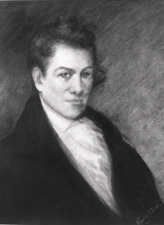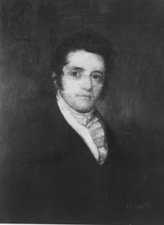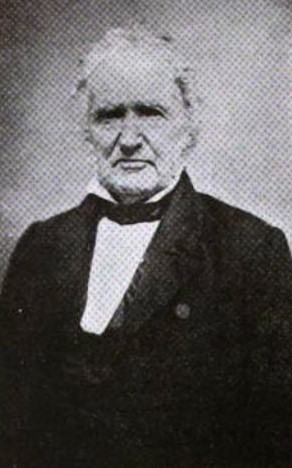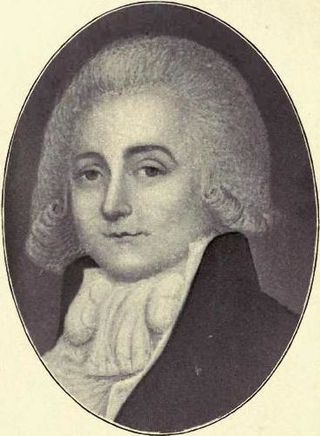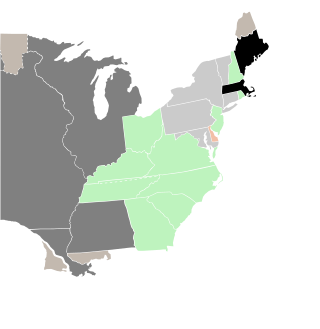| Elections in North Carolina |
|---|
 |
North Carolina elected its members August 9, 1810.
| District | Incumbent | This race | |||
|---|---|---|---|---|---|
| Representative | Party | First elected | Results | Candidates | |
| North Carolina 1 | Lemuel Sawyer | Democratic-Republican | 1806 | Incumbent re-elected. | √ Lemuel Sawyer (Democratic-Republican) 61.4% William Hinton (Democratic-Republican) 37.1% Joseph Riddick (Democratic-Republican) 1.5% |
| North Carolina 2 | Willis Alston | Democratic-Republican | 1798 | Incumbent re-elected. | √ Willis Alston (Democratic-Republican) 65.9% Joseph H. Bryon (Federalist) 34.1% |
| North Carolina 3 | William Kennedy | Democratic-Republican | 1803 1804 (Lost re-election) 1808 | Incumbent retired. New member elected. Democratic-Republican hold. | √ Thomas Blount (Democratic-Republican) [lower-alpha 1] |
| North Carolina 4 | John Stanly | Federalist | 1800 1803 (Lost re-election) 1808 | Incumbent retired. New member elected. Democratic-Republican gain. | √ William Blackledge (Democratic-Republican) 54.8% William Gaston (Federalist) 45.2% |
| North Carolina 5 | Thomas Kenan | Democratic-Republican | 1805 (Special) | Incumbent retired. New member elected. Democratic-Republican hold. | √ William R. King (Democratic-Republican) 67.8% Christopher Dudley (Federalist) 32.2% |
| North Carolina 6 | Nathaniel Macon | Democratic-Republican | 1791 | Incumbent re-elected. | √ Nathaniel Macon (Democratic-Republican) 100% |
| North Carolina 7 | Archibald McBryde | Federalist | 1808 | Incumbent re-elected. | √ Archibald McBryde (Federalist) 57.4% John Culpepper (Federalist) 42.6% |
| North Carolina 8 | Richard Stanford | Democratic-Republican | 1796 | Incumbent re-elected. | √ Richard Stanford (Democratic-Republican) 100% |
| North Carolina 9 | James Cochran | Democratic-Republican | 1808 | Incumbent re-elected. | √ James Cochran (Democratic-Republican) 57.0% Theophilus Lacy (Democratic-Republican) 43.0% |
| North Carolina 10 | Joseph Pearson | Federalist | 1808 | Incumbent re-elected. | √ Joseph Pearson (Federalist) 63.8% James Wallis (Democratic-Republican) 36.4% |
| North Carolina 11 | James Holland | Democratic-Republican | 1800 | Incumbent retired. New member elected. Democratic-Republican hold. | √ Israel Pickens (Democratic-Republican) 50.5% Felix Walker (Democratic-Republican) 39.8% John Stevelie (Democratic-Republican) 9.7% |
| North Carolina 12 | Meshack Franklin | Democratic-Republican | 1806 | Incumbent re-elected. | √ Meshack Franklin (Democratic-Republican) [lower-alpha 1] |

